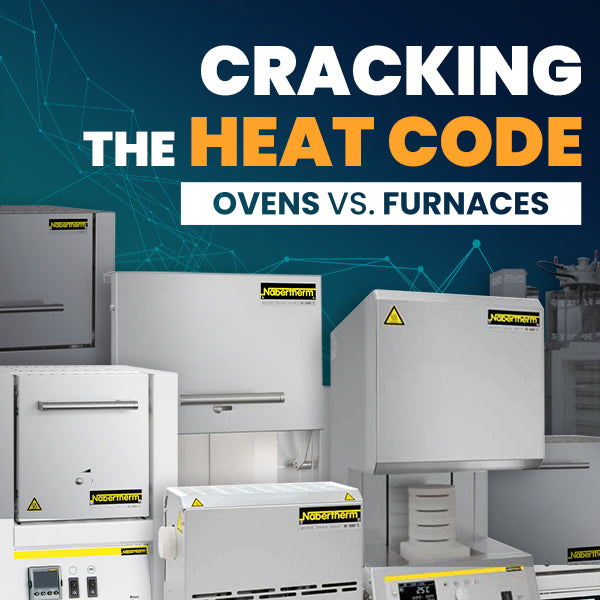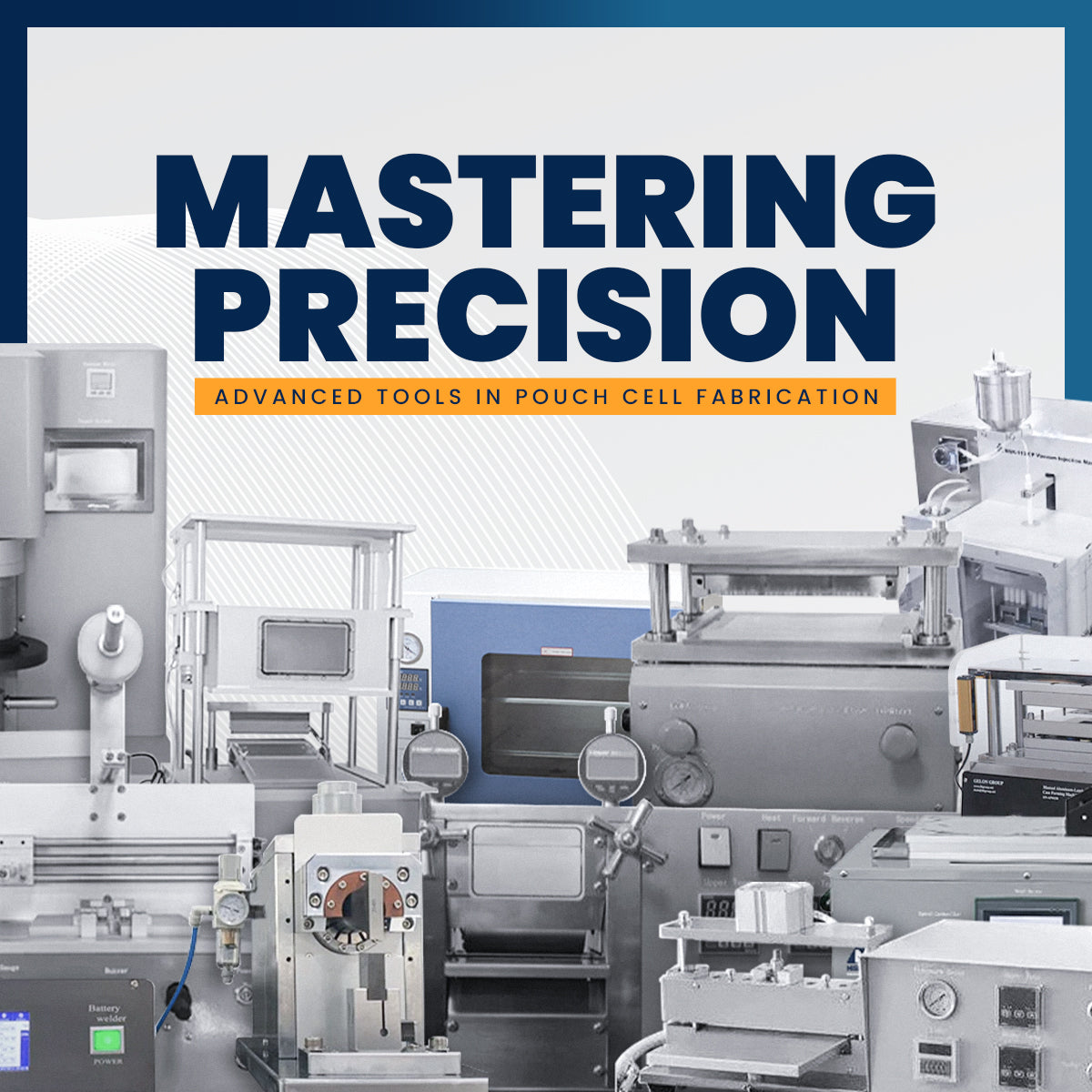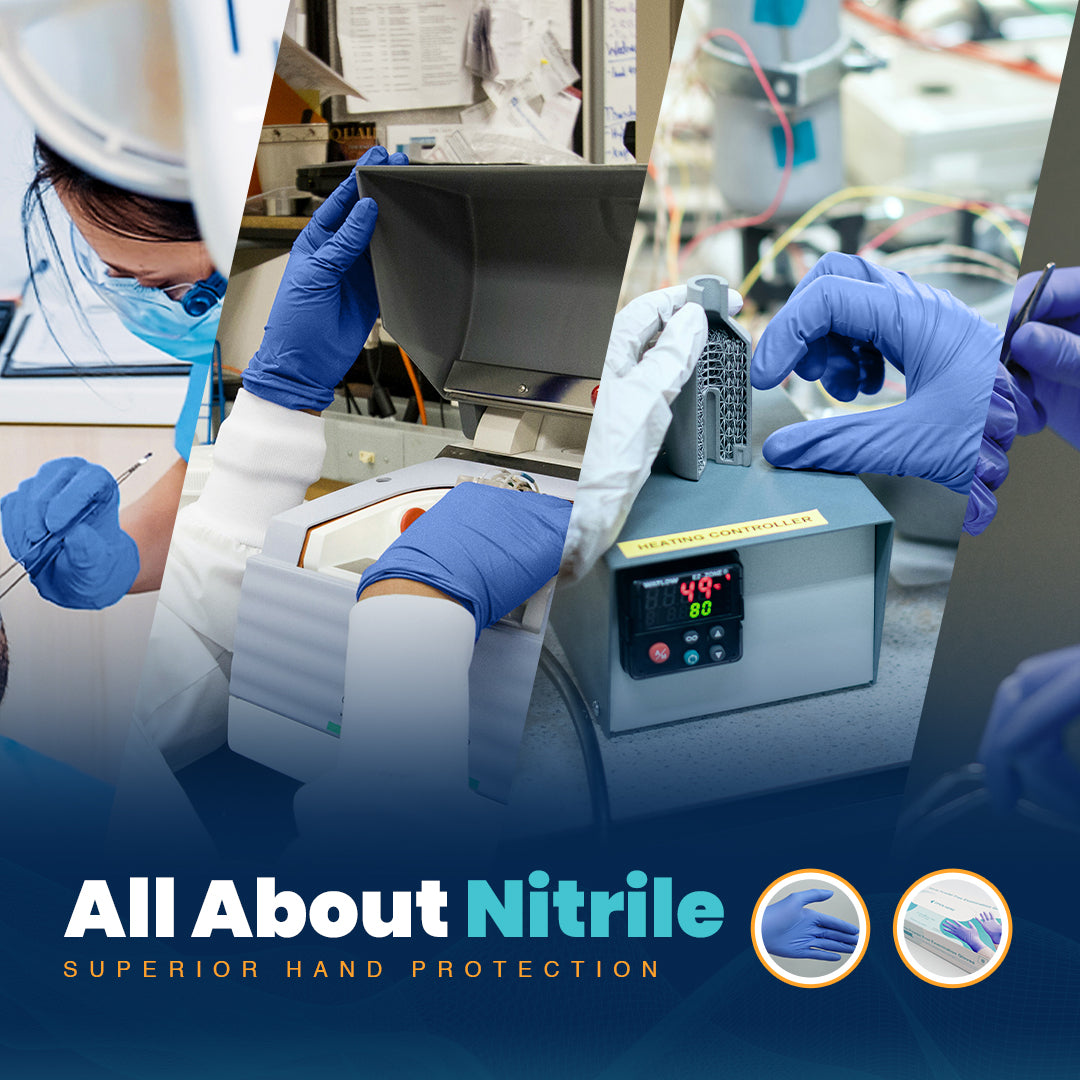Fisker patents solid-state EV battery with a range of 500 miles that can be charged in 1 minute
Posted by MSE Supplies on
Fisker’s scientists, including a co-founder of solid-state battery start-up Sakti3 (acquired by Dyson), filed patents this week (under a non-publication request) on flexible, superior energy density solid-state batteries. The patent includes claims over novel materials and manufacturing processes that are critical in achieving the required energy density, power and cost targets required for the widespread use of electric vehicles.
MSE Supplies is a leading supplier of Ampcera™ solid electrolyte materials that have been used by many leading companies and research labs worldwide to develop advanced solid state lithium batteries.
Fisker’s solid-state batteries will feature three-dimensional electrodes with 2.5 times the energy density of lithium-ion batteries. Fisker claims that this technology will enable ranges of more than 500 miles on a single charge and charging times as low as one minute—faster than filling up a gas tank. Fisker anticipates the technology to be automotive production grade ready from 2023 onwards.
This breakthrough marks the beginning of a new era in solid-state materials and manufacturing technologies. We are addressing all of the hurdles that solid-state batteries have encountered on the path to commercialization, such as performance in cold temperatures; the use of low cost and scalable manufacturing methods; and the ability to form bulk solid-state electrodes with significant thickness and high active material loadings. We are excited to build on this foundation and move the needle in energy storage.
—Dr. Fabio Albano, VP of battery systems at Fisker Inc.
 |
| Fisker solid-state technology is capable of constructing bulk three-dimensional solid-state electrodes with 25 times more surface area than flat thin-film solid state electrodes and extremely high electronic and ionic conductivities, thereby enabling fast charging and cold temperature operation. |
Current limitations in solid-state technology include low electrode current density, limited temperature ranges, limited materials availability, high costs and non-scalable manufacturing processes. Early results show that Fisker’s solid-state technology enables the construction of bulk three-dimensional solid-state electrodes with 25 times more surface area than flat thin-film solid-state electrodes and extremely high electronic and ionic conductivities—enabling fast charging and cold temperature operation.
As a result, Fisker’s battery delivers 2.5 times the energy density of typical lithium-ion batteries, with the potential of costing one third of the 2020 projected price of those batteries due to advances in materials and manufacturing.
Several failure modes affect solid-state batteries, including low power and low rate capability due to high contact resistance and low ionic mobility in the layered electrode structures.
Delamination issues due to volume changes and residual stresses during charge/discharge processes; dendrite penetration and stability vs. metallic lithium electrodes; and low ionic diffusion, particularly in low temperature climate due to solid-state material limitations, are also roadblocks. With the newly announced technology, Fisker says that its scientists are addressing these technical bottlenecks.
Fisker’s flexible solid-state electrode construction will enable batteries with versatile voltage and form factors. They may be wound in cylindrical cells with higher voltage output, allowing usage of current tooling and machinery for battery packs—in addition to lesser cell-to-cell connections, thermal management and safety requirements. This further reduces battery system costs.
Fisker anticipates the technology may be ready for automotive applications post 2023. Such long lead times are due to the lack of supply chains with particular raw materials and appropriate manufacturing tools, as well as established quality procedures for materials repeatability.
Fisker says it is in active discussions with various industrial groups around potential non-automotive partnerships, with the possibility of battery applications that may be commercialized much earlier than 2023.
The 2018 launch of the Fisker EMotion luxury electric vehicle at the Consumer Electronics Show will showcase a proprietary battery module with advanced thermal management using 21700 NCM cells from LG Chem. The company has been simultaneously working on proprietary technology that will enable charging for a 127-mile range in nine minutes. Fisker’s solid-state battery and extreme fast charging technologies will also be on full display at the vehicle’s launch at CES.
MSE Supplies is a leading supplier of Ampcera™ solid electrolyte materials that have been used by many leading companies and research labs worldwide to develop advanced solid state lithium batteries.
Contact us today to discuss your needs for solid electrolyte materials from R&D to mass production.



